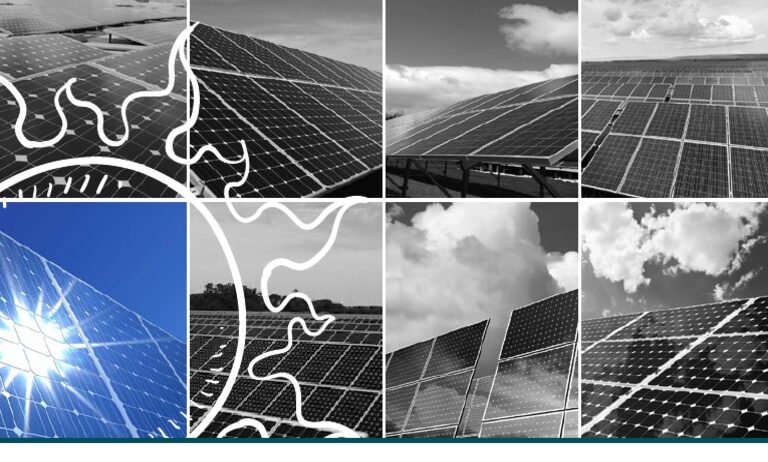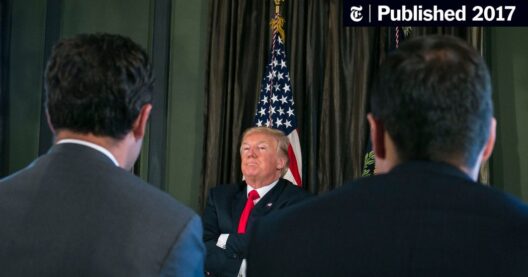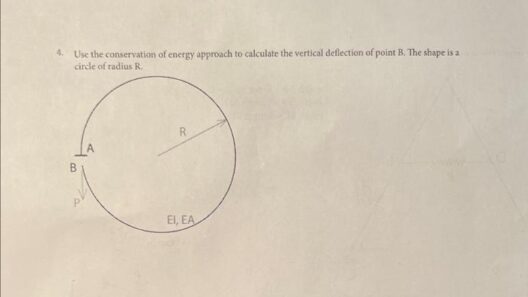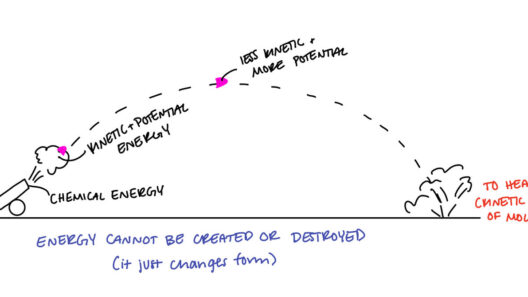In contemporary discourse, the narrative surrounding energy solutions often skews towards progressive ideologies that advocate for immediate shifts to renewable sources, such as solar energy. However, there exists an equally compelling case for solar energy from a conservative perspective, which emphasizes fiscal responsibility, energy independence, and environmental stewardship, all while maintaining reverence for traditional values and free-market principles.
The first aspect to consider is financial prudence. Historically, conservatives have prided themselves on reducing expenditures and maximizing efficiencies. The solar energy sector underscores these tenets by offering a gradually more affordable alternative to fossil fuels. The decreasing costs of solar panel production, along with government incentives, constitute a pragmatic investment strategy. In recent years, solar energy costs have plummeted, making installations increasingly viable for businesses and residential areas alike. This declining price trend will likely continue as technology advances and economies of scale are realized, thus solidifying solar not only as an environmentally sensible choice but also as a fiscally astute one.
Moreover, solar energy is an astute avenue for job creation within the economy. The solar industry has demonstrated rapid job growth, outpacing many traditional energy sectors. Jobs in solar installation, maintenance, and manufacturing are proliferating, providing vital employment opportunities in a range of communities, including rural and underrepresented regions. This economic momentum mirrors the conservative emphasis on fostering job availability and self-reliance while ensuring local communities remain resilient and engaged in the evolving energy landscape.
Another cornerstone of the conservative case for solar energy lies in the pursuit of energy independence. For decades, the United States has grappled with energy security concerns, largely tied to its dependency on foreign oil. Solar energy offers a strategic solution to mitigate these vulnerabilities. By investing in solar technologies, the country can bolster its resilience against geopolitical tensions that disrupt energy supplies, leading to fluctuations in prices and availability. Solar energy provides an indigenous resource that can be harnessed throughout the country, reducing reliance on foreign sources and creating a stable energy foundation that resonates with the conservative ethos of national sovereignty.
Furthermore, the intrinsic value of solar energy encompasses environmental stewardship, a pillar cherished by many conservatives. The traditional view of conservation is rooted in maintaining the integrity and beauty of the natural world for future generations. Solar energy stands as a proactive approach to address environmental degradation caused by fossil fuel consumption. By adopting solar technologies, communities can reduce carbon footprints and mitigate the deleterious effects of climate change, thus preserving the planet for the posterity of all. This commitment to conservation attacks the fallacy that renewable energy is a radical departure from conservative principles; rather, it implements them in a modern context.
In examining the broader implications of solar energy adoption, it is essential to contemplate the regulatory framework surrounding this burgeoning industry. Conservatives favor free-market principles, and aligning solar energy policy with these ideals ensures a conducive environment for innovation and entrepreneurial endeavors. Streamlining regulations that stifle solar development can stimulate growth, while advocating for research and development in photovoltaic technologies aligns with both market efficiency and ecological responsibility. Furthermore, promoting competition among energy producers can lead to lower prices and improved efficiency, enhancing consumer welfare.
Additionally, the integration of solar energy aligns harmoniously with the trend towards localized energy production. Conservatives advocate for policies that empower local governance and enhance community resilience; solar energy epitomizes this philosophy. By encouraging localized energy solutions, communities can take charge of their energy needs, thereby decreasing reliance on centralized power grids and crafting tailored responses that cater to their unique circumstances. This decentralized approach not only promotes sovereignty but fosters innovation, creating environments where communities can actively engage with and adapt to their renewable energy landscapes.
Adopting solar energy also instigates a vital conversation about sustainable development—an area where traditional conservatism intersects with modern energy needs. Balancing economic growth with environmental stewardship necessitates a commitment to sustainable methods of resource exploitation. The solar industry exemplifies this balance, demonstrating that development need not come at the expense of the environment. This narrative counters the myopic viewpoint that energy production is inherently detrimental, instead positing a more promising path forward that honors both prosperity and ecology.
Lastly, the narrative of solar energy must intersect with educational endeavours aimed at fostering informed decision-making within households and communities. Emphasizing the instrumental role of education, particularly in STEM (science, technology, engineering, and mathematics) fields, can cultivate a generation adept at navigating both traditional and alternative energy pathways. This educational focus aligns with conservative values of personal responsibility and proactive engagement in community development, thereby enhancing public understanding of energy systems in a nuanced manner that extends beyond partisan lines.
In conclusion, the case for solar energy from a conservative perspective is multifaceted and compelling. It encapsulates financial prudence, job creation, energy independence, environmental stewardship, and localized empowerment within a free-market framework. By embracing solar energy, conservatives can align their ideals with contemporary challenges, ultimately crafting a sustainable and resilient future for all citizens, irrespective of political affiliation. The integration of conservative values with the pursuit of innovative and responsible energy solutions sets a path for a prosperous, secure, and environmentally sound America.








